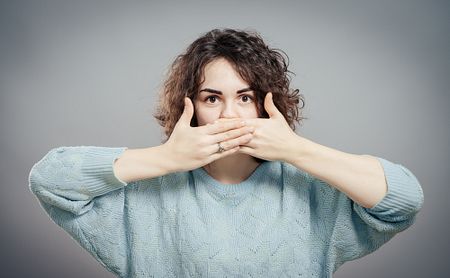Partnership Gets Communication Devices to Mississippi ALS Patients

Under a new local partnership, Mississippi residents who have amyotrophic lateral sclerosis (ALS) will have free access to communication devices and training.
The program is a collaboration between speech-language graduate students at the Mississippi University for Women’s Speech & Hearing Center and the ALS Association Louisiana-Mississippi Chapter. It also will evaluate individual patients who don’t have access to specialized healthcare to determine their communications needs.
“Through this partnership, individuals with ALS who need a communication device can get the equipment they need to improve their communication abilities quickly,” Janette Hreish, speech-language pathology instructor at Mississippi University, said in a press release. “Their improved ability to communicate when they receive a communication device directly results in an improvement in quality of life.”
Speech problems are common and among the first ALS symptoms. They occur during the early stages and usually worsen as the disease progresses. Some 5,000 U.S. residents are diagnosed with ALS annually. In Mississippi, about 100 patients have contacted or been referred to the ALS Association Louisiana-Mississippi.
Communication devices supplied through the collaboration are operated either by touch or eye movement. They can be programmed to use individual words as well as pre-constructed messages in the patient’s voice.
The program works like this: When someone donates to the regional ALS chapter a used communications device, those machines are refurbished by the center for lending to patients who cannot afford to buy their own or who need expedited access to such equipment. Some devices have never been used, Karen Barrett, care services coordinator for the ALS Association Louisiana-Mississippi, told ALS News Today.
“These devices can supplement speech or be an alternate way of communication depending on the progression of the disease. The devices can be paired with environmental controls that allow the client to turn a light on or off or change the channel on the TV, all from their device,” said Hreish.
“Hopefully, this clinical experience with individuals with ALS will allow our graduate students to impact others throughout their future careers,” she added.
The ALS Association’s Louisiana-Mississippi chapter aims to fill gaps unmet by the healthcare community at large, health insurance, or government assistance.
For more information about receiving an ALS communication device contact Barrett at 225–343–9880, ext.110, or email her at [email protected].






